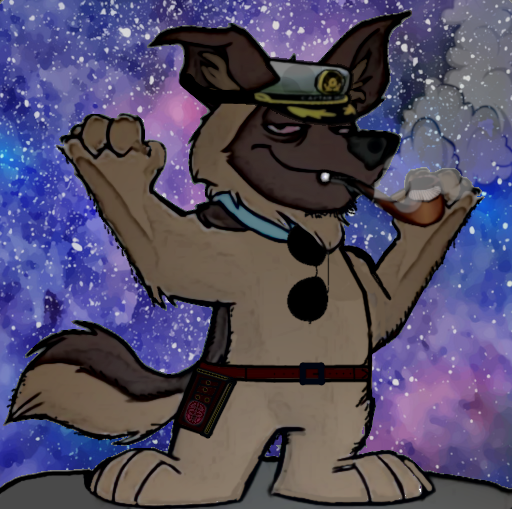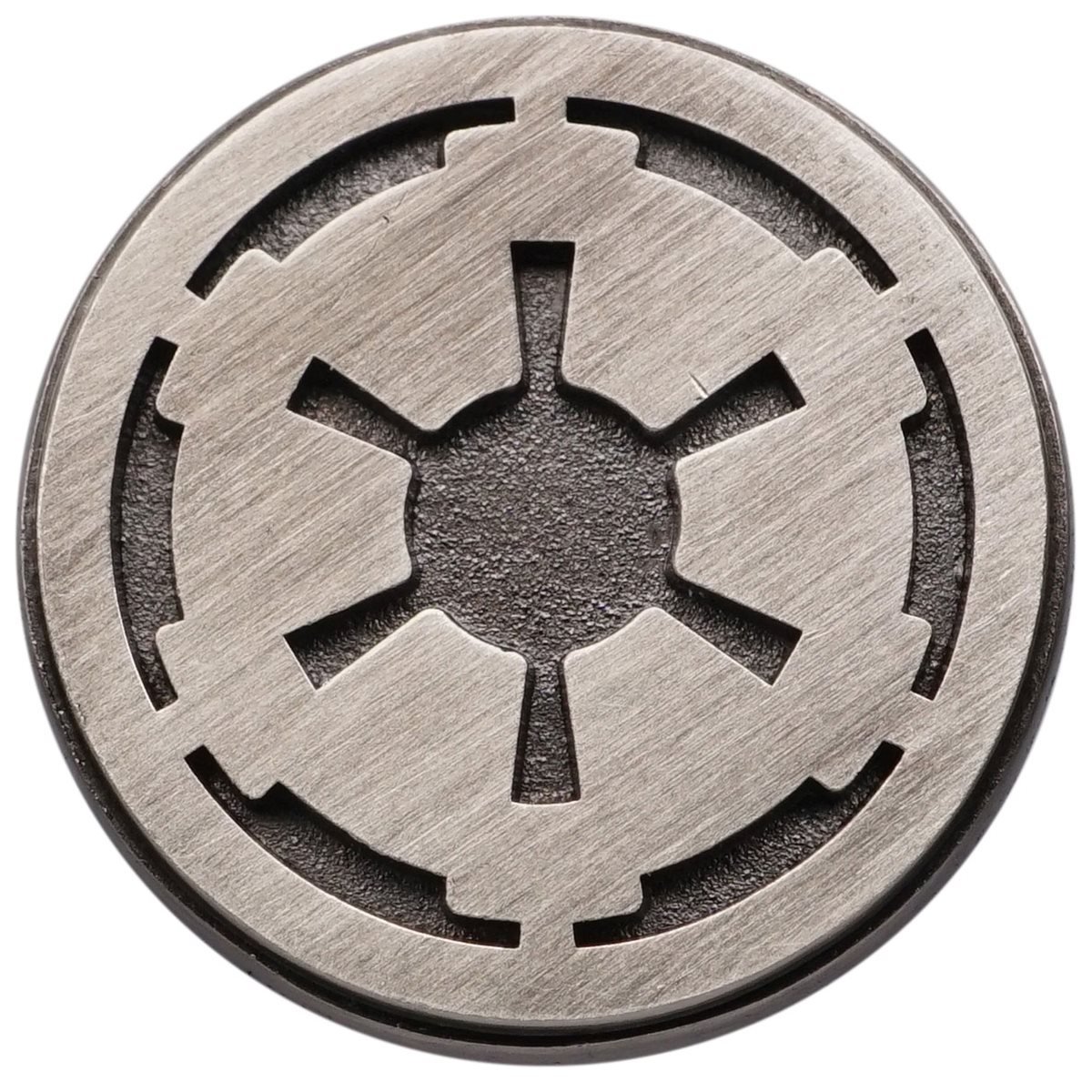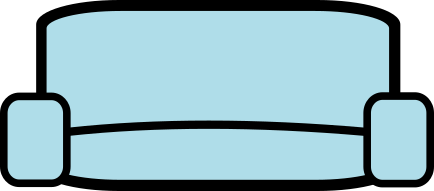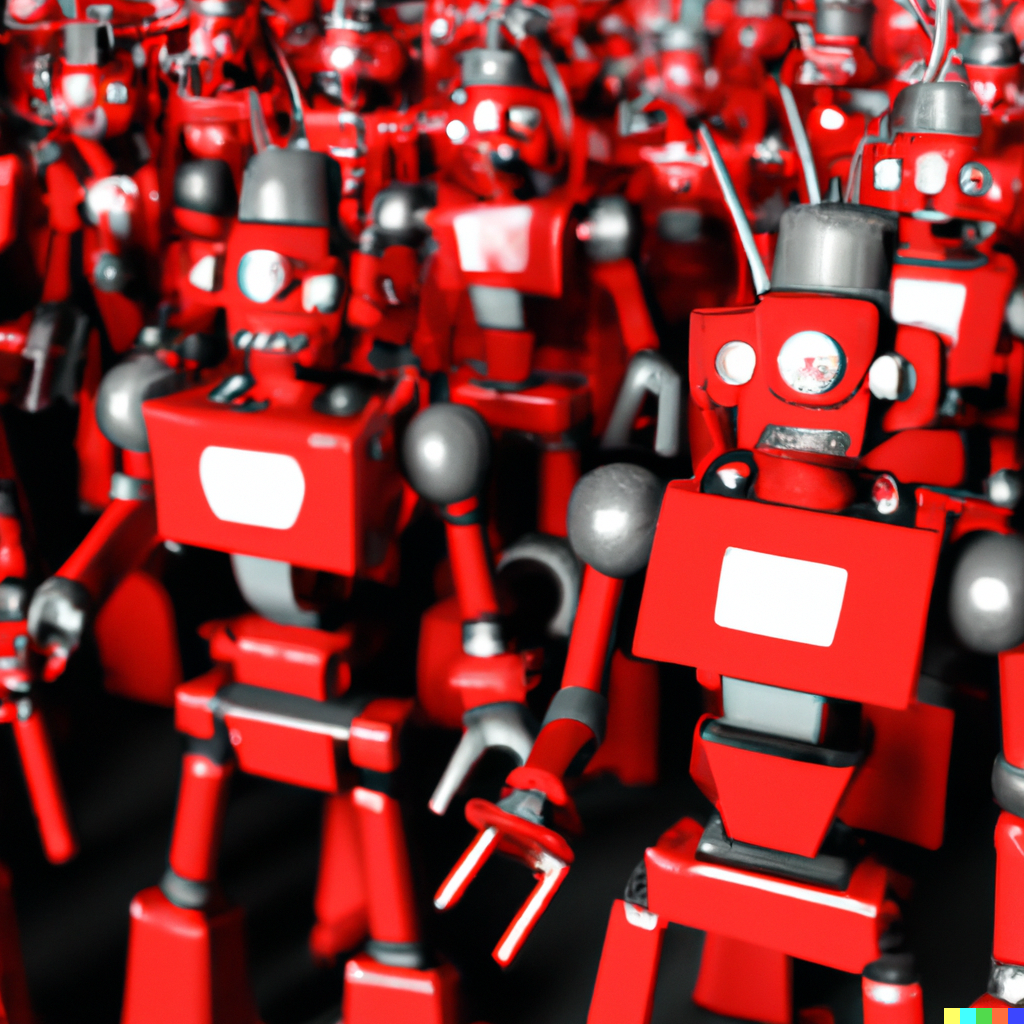I mean, we could speculate and explore the strange future and stuff. Just without that tired trope of “well, science and technology progressed a bunch and then we got this really great machine”.
I mean there’s gotta be another way. Examples?
The Dune universe lacks computers, which is why spice is so valuable - does that count? Still has plenty of machines, but they aren’t the story
Try searching for authors who describe their work as “Speculative fiction” - that’s the way most of them don’t admit to writing low-brow sci-fi.
Also near future sci-fi tends to be a bit lighter on the “magical machine” plot tropes. Climate fiction might be worth looking into too, most of the near future books exploring possible global warming consequences aren’t all hopped up on magical technological advances.
fun fact. Science fiction is speculative fiction- it’s just a sub genre that’s evolved into its own genre (same with fantasy.)
What are some examples of things you don’t like? That’s really necessary to give examples. Science fiction usually has technology in some form or another. Sometimes it’s the focus of the story (eg The Last Question or Permutation City). Sometimes it’s a tool for the story (eg The Expanse or Neuromancer_). Other times it’s set dressing like magic in fantasy (eg Dune or Book of the New Sun). Outside of hard SF and beyond Golden Age SF you run into more “tech as device or background.”
It’s called Dune
Dune.
Children of Men would be a sci-fi without any significant technological improvements. Ender’s Game does have the Ansible, but it’s more a plot device than anything.
IIRC The Moon Moth by Jack Vance was not really anything to do with machines but just an exploration of an alien culture. (I only read the graphic novel version.) I think there are many such stories having to do with alien cultures. A Pail of Air by Fritz Leiber also comes to mind as something with not much focus on machines. I think there may have been some sort of life signal scanner at the end but I think it still fits what you’re looking for.
Pretty much all of the Sci-Fi written by Ursula K. LeGuin features people more than machines. There are technologies in the stories that play a role, but the are described as vaguely as possible to support the plot. As a result, often her sci-fi stories feel more like fantasy.
Octavia Butler wrote the Xenogenesis series which features an alien “species” whose system of technology is entirely biological.
Any sufficiently advanced technology is indistinguishable for magic
I read a cool short story a few years ago that really embraced that quote. It started out as a fantasy story with wizards doing magic. It then turns out that magic is actually old nano machines or something, but society has forgotten all about the science behind them.
That sounds fun. If you ever remember the name, let me know!
Magik by Angie Sage. Though truth be told that’s a 5th book revelation
Never heard of that, but I’ll look into it. The one I read was a short story in Analog, maybe 15 years ago
What I’m referring to is youth fiction but I remember them fondly
Thank you.
Check out Terminal World by Alastair Reynolds
If I’m understanding this correctly, you’re looking for fiction that focuses on framing more of cultural and societal shifts than technological changes?
What you’re looking for is difficult to find in the framing of Science Fiction because its very framing invokes technological advancement - technology is the application of science, and machinery is the result of technological innovation. Science fiction is, at its core, about how discoveries in science may change the world.
Nonetheless, you may want to look into the sub-genre referred to as “social science fiction”. Although it’s not going to be devoid of advanced technology, the focus will be more on the social and societal impacts thereof, than the machinery itself.
What you’re looking for is difficult to find in the framing of Science Fiction because its very framing invokes technological advancement - technology is the application of science, and machinery is the result of technological innovation.
Machinery’s certainly a result of technological innovation, but not the only result. Different materials, even altogether different forms of organisms are also results of technological innovation. OP’s left it rather open, so it may be that they also mean these different applications of science.
Anathem by Neal Stephenson
Stories of Your Life and Others by Ted Chiang
The Caves of Steel by Isaac Asimov
Cat’s Cradle by Kurt Vonnegut, Jr.
The Godmakers by Frank Herbert
Self-Reference ENGINE by Toh EnJoe
*Bonus: Low (comic series) from Image
Cat’s Cradle and Anathem are among my absolute favorites.
+1 for Anathem. Such a good book. It has about 5 different parts where I thought, “remember when this book was about blank.”
There’s plenty of star trek episodes that are more about philosophical and societal questions than tech.
The bicentennial man by Isaac Asimov comes to mind. Which is about a robot, but in essence it’s about the philosophical question what it means to be human.
There’s Ubik by Philip K Dick, which is about about tech, when you get down to it, but in a very unique and un-tech like way.
Flowers for Algernon by Daniel Keys is not about tech, but the chronicles of a brain surgery patient that became extremely smart.
Hyperion by Dan Simmons is basically just “The Canterbury Tales” in space.
There’s plenty more stories that are not really about tech. You could try searching for dystopia themes, like “Maze runner” or “the hunger games” or “I am legend” or “wayward pines”
Flowers for Algernon is an extraordinary piece of storytelling, without relying too much on “the machines”
Alan Dean Foster has a series (Humanx Commonwealth) starting with Midworld. No special machines in the first 4.
Cachelot is excellent and is about sentient space cetaceans after forming a treaty with humans.
Midworld is basically Avatar.
Nor Crystal Tears is about the Thranx side of meeting Aliens (humankind) in first contact.
Sentenced to Prism is about the concepts of non-carbon life forms.
Must books cover elements of humanity and what is humanity.
Probably not exactly matching your meaning, but in a round about way, Dune, post Machine Crusade –
It’s maybe not as evident without reading the series–which definitely isn’t a negative comment! I’ve enjoyed (almost) every bit of the truly shocking amount of Dune I’ve put myself through since the very early '90s, haha.
I’m, uh, mildly obsessive as well as critical of the SF I stand by, (just for myself personally!–everyone should like whatever they like!) but Frank Herbert, entirely, still remains in my top 2 favorite authors. You may enjoy all the books as a whole, if you’re looking for something less about ‘the machine’ itself, but how humans diverge from it and without it, but it’s…a lot, lol. And…well, I won’t spoil things. I just remembered it might negate my entire point. Oh, no. (ʘ‿ʘ)
Anyway! Regardless!
If you do ever get into full-ass Dune–and I’d recommend this “tip” to literally anyone–I’d definitely suggest audio books for the early works of Brian Herbert and Kevin J Anderson. They took a bit to get into their groove from informational to actually entertaining. The lore is honestly fantastic, beautifully done, but physically reading their earlier Dune stuff can be textbook without diagram tedious. Love 'em both for the work, but shiiiiiiiiite.










